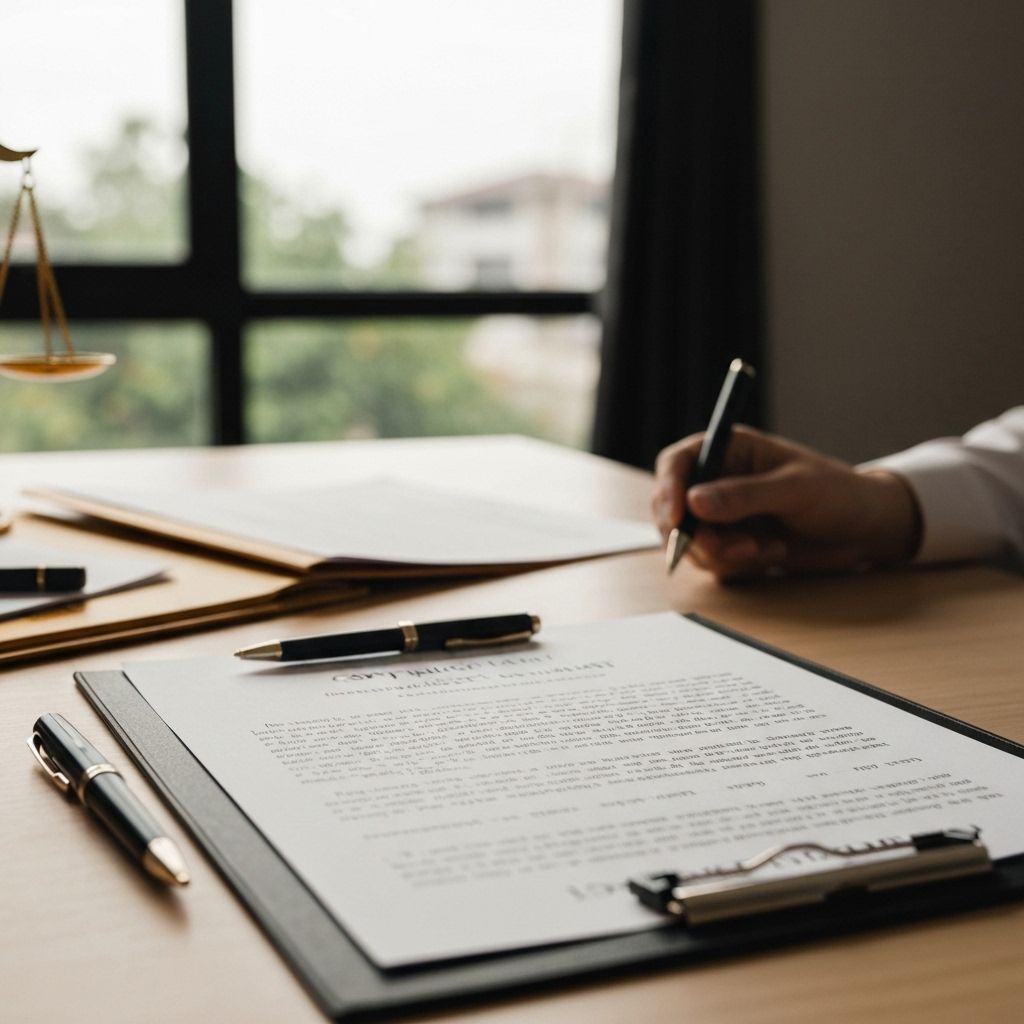WBD Files Copyright Suit Against Midjourney

Warner Bros. Discovery has filed a comprehensive copyright infringement lawsuit against AI image generator Midjourney, alleging that the company used thousands of copyrighted images and characters from WBD's extensive media library to train its artificial intelligence models without permission.
The lawsuit, filed in federal court in Los Angeles, represents one of the most significant legal challenges to date against AI companies that use copyrighted material for training purposes. WBD claims that Midjourney's AI system can generate images that closely resemble iconic characters from Batman, Harry Potter, Game of Thrones, and other valuable intellectual properties owned by the media conglomerate.
"Midjourney has built a billion-dollar business by systematically copying and exploiting our creative works without permission or compensation," said David Zaslav, CEO of Warner Bros. Discovery, in a statement. "This lawsuit is about protecting the rights of creators and ensuring that AI companies cannot simply take whatever they want from our libraries."
The legal filing includes dozens of examples where Midjourney users were able to generate images that WBD argues are substantially similar to copyrighted characters and scenes. The company's legal team demonstrated that prompts like "dark knight in Gotham" or "wizard boy with lightning scar" could produce images that closely resemble Batman and Harry Potter respectively.
Midjourney has defended its practices, arguing that its AI training falls under fair use provisions of copyright law. The company contends that its system learns patterns and styles rather than copying specific images, similar to how human artists might study existing works to develop their own techniques.
"Our AI models are trained on publicly available images to understand artistic concepts and styles, not to reproduce specific copyrighted works," said David Holz, founder and CEO of Midjourney. "The images our system generates are original creations that may share stylistic elements with existing works, but are fundamentally new and transformative."
The case highlights the growing tension between AI companies and content creators over the use of copyrighted material in training datasets. Similar lawsuits have been filed against other AI companies, including Stability AI and DeviantArt, by artists and photographers claiming their work was used without consent.
Legal experts suggest that this case could set important precedents for how copyright law applies to AI training. The outcome may determine whether AI companies need to obtain licenses for copyrighted material used in training, potentially requiring them to pay billions in licensing fees or fundamentally change their business models.
WBD is seeking both monetary damages and injunctive relief that would prevent Midjourney from using its copyrighted works in future training. The company estimates that Midjourney has generated millions of images that infringe on its intellectual property rights, with each instance potentially worth thousands of dollars in damages.
The lawsuit also raises questions about the responsibility of AI platforms to monitor and prevent copyright infringement by their users. WBD argues that Midjourney should implement stronger safeguards to prevent the generation of images that closely resemble copyrighted characters.
Industry observers note that this case could have far-reaching implications beyond just image generation. If courts rule that AI training on copyrighted material constitutes infringement, it could affect text-based AI models that have been trained on copyrighted books, articles, and other written content.
The case is expected to take several years to resolve, with both sides preparing for extensive discovery and expert testimony about how AI systems work and whether their outputs constitute copyright infringement. The outcome could reshape the entire AI industry's approach to training data and intellectual property rights.
For now, Midjourney continues to operate normally while fighting the lawsuit. However, the company has reportedly begun exploring partnerships with content creators and stock photo companies to secure proper licensing for training material, suggesting that the industry may be moving toward more formal licensing arrangements regardless of the lawsuit's outcome.
